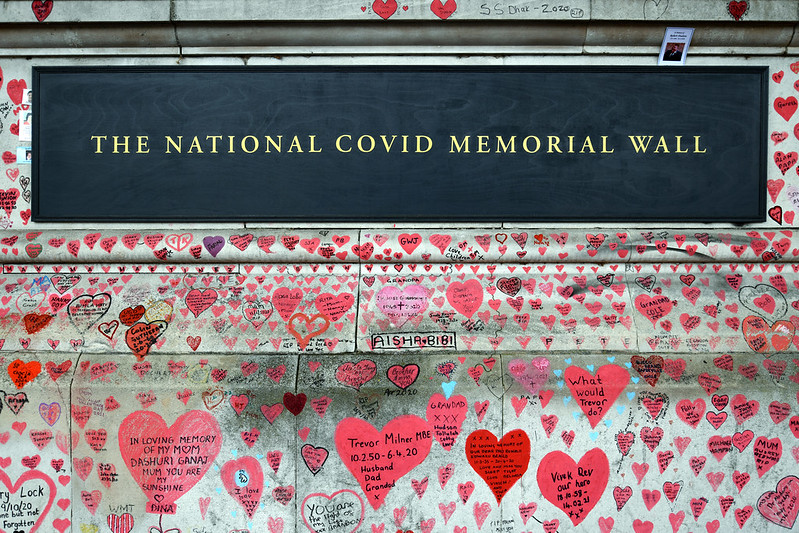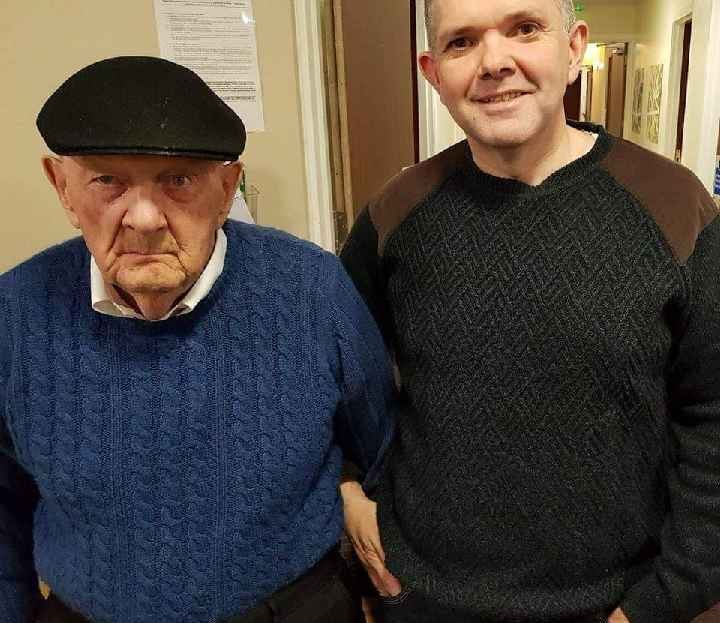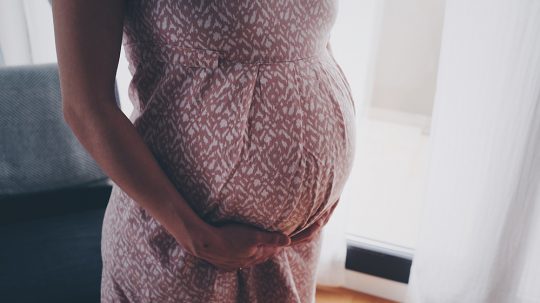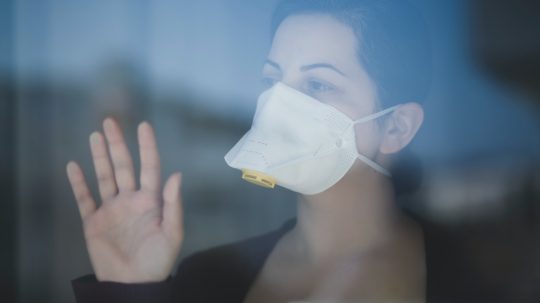On 12 May 2021, former prime minister Boris Johnson announced that there would be an inquiry into the handling of the Covid-19 pandemic in England, Wales, Scotland and Northern Ireland. The inquiry, which commenced on 28 June 2022, is due to begin hearing evidence next month. Here is everything you need to know about the upcoming Covid inquiry.
What are the Covid inquiries?
It is important to first address the question: how many inquiries are there? The short answer is: two. While the UK Covid-19 Inquiry (the UK Inquiry) will look at how Covid was handled across England, Wales, Scotland and Northern Ireland, it will do so alongside the Scottish Covid-19 Inquiry (the Scottish Inquiry). This is an independent inquiry, and it has agreed to share its findings and work with the UK Inquiry.
The inquiries will hear from individuals, organisations and institutions throughout the inqiry including during opening and closing statements. Those individuals may also suggest lines of questioning to counsel throughout the hearings.
The UK Inquiry has been divided into modules, with teams investigating and commissioning research on different issues. The first module will examine the UK’s pandemic preparedness, while the second module will focus on the period in early 2020 and the decisions taken by Boris Johnson and the Cabinet, as well as those taken by the devolved institutions in Scotland, Wales and Northern Ireland.
The UK Inquiry will begin hearing evidence for its first investigation (Module 1) on Tuesday 13 June 2023. The hearings will take place over six weeks, ending on 21 July 2023.
Delays as legal teams rush to redact names
The UK Inquiry had been due to start this month, May 2023; however, it has been delayed until June, to allow legal counsel to redact the names of junior officials who “were not in decision-making roles”.
Hugo Keith KC, counsel for the UK Inquiry, requested the delay, stating that there were “literally thousands of manual redactions” that needed to be made in order to remove “irrelevant information”.
However, Pete Weatherby KC, who is representing families bereaved as a result of the pandemic, said: “It is apparent that this issue, this redaction of the names of junior staff, is taking up a disproportionate and substantial amount of time of his [Hugo Keith KC’s] team, and the knock-on effect is seriously impeding the disclosure of other material to core participants.”
Weatherby, who has also represented the families of those affected by the Grenfell, Manchester Arena Bombingand Hillsborough disasters, had called on the inquiry’s legal team to carry out the redactions closer to the time of publication, in order to speed up the process of people involved in the inquiry obtaining relevant information.
He also claimed that it is unusual for inquiries to take this approach with respect to redactions, saying: “I’m unaware of any other inquiry where the approach taken here has been adopted – I stand to be corrected on that, but I’m not aware of this redaction of junior staff’s names having occurred in other processes which I’ve worked within.”
Who will be chairing the inquiries?
The chair is responsible for discharging the Terms of Reference for the Scottish and UK inquiries respectively’. The chair also supervises the running of the inquiry, writes the relevant reports and makes findings about lessons learned as well as recommendations for the future. It is important to remember, however, that the chair cannot make any findings, either of civil or criminal liability; nor can they award compensation.
Baroness Hallett is the chair of the UK Inquiry while Lord Brailsford is the chair of the Scottish Inquiry.
Baroness Hallett is a crossbench life peer who has led several high-profile inquiries, including into the deaths arising from the 7 July 2005 London bombings, and more recently into the death of Dawn Sturgess following exposure to the nerve agent novichok in 2018.
Lord Brailsford was appointed a Judge of the Supreme Courts in 2006 and since 2003 he has been a part-time Chairman of the Discipline Committee of the Institute of Chartered Accountants of Scotland.
Earlier this year, both chairs met to agree a memorandum of understanding to minimise duplication in the investigation, in terms of evidence-gathering and reporting. The memorandum, signed by both inquiries, includes commitments to provide clear information to the public about how each inquiry will carry out its investigations in Scotland – as the memorandum also aims to minimise duplication of both costs and workloads.
The first public hearing for the UK Inquiry will start on 28 June 2023, with more hearings due to be announced. This inquiry will cover:
- Government procurement and PPE.
- The government’s business and financial responses.
- Testing and tracing.
- Vaccines and anti-viral treatment.
- Health inequalities and the impact of Covid-19.
Representatives from the care sector, the education system and other public services, including key workers, will also be heard.





